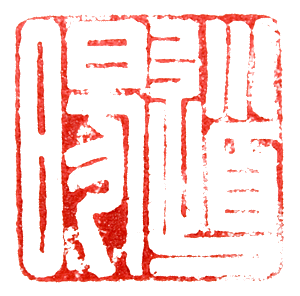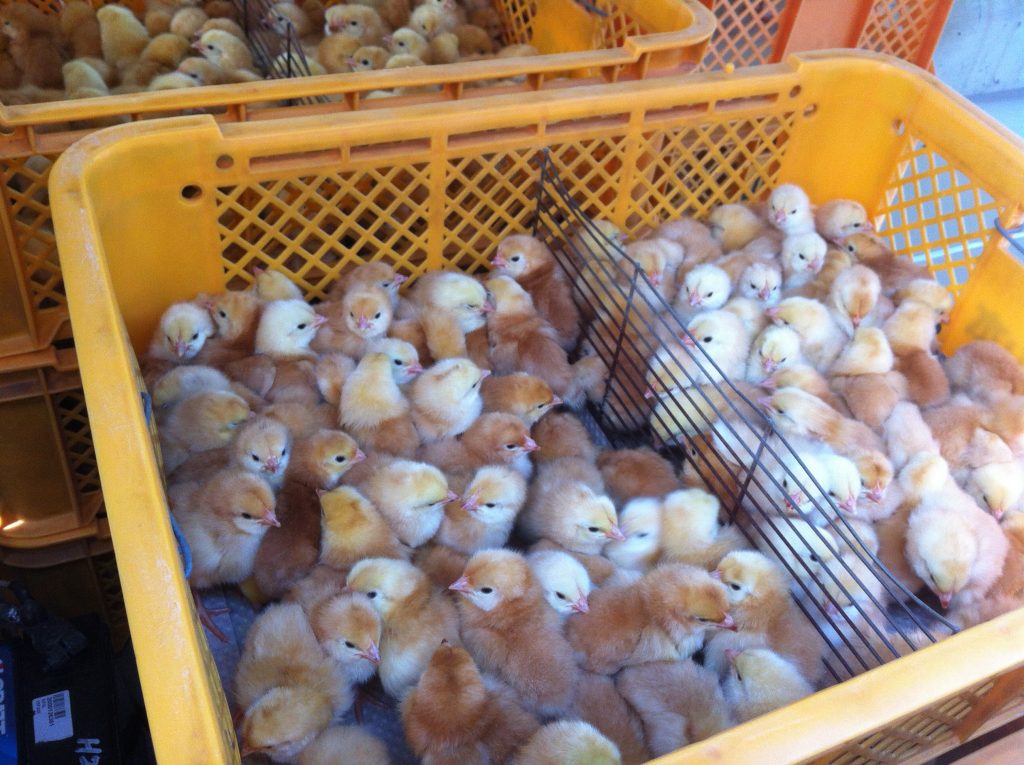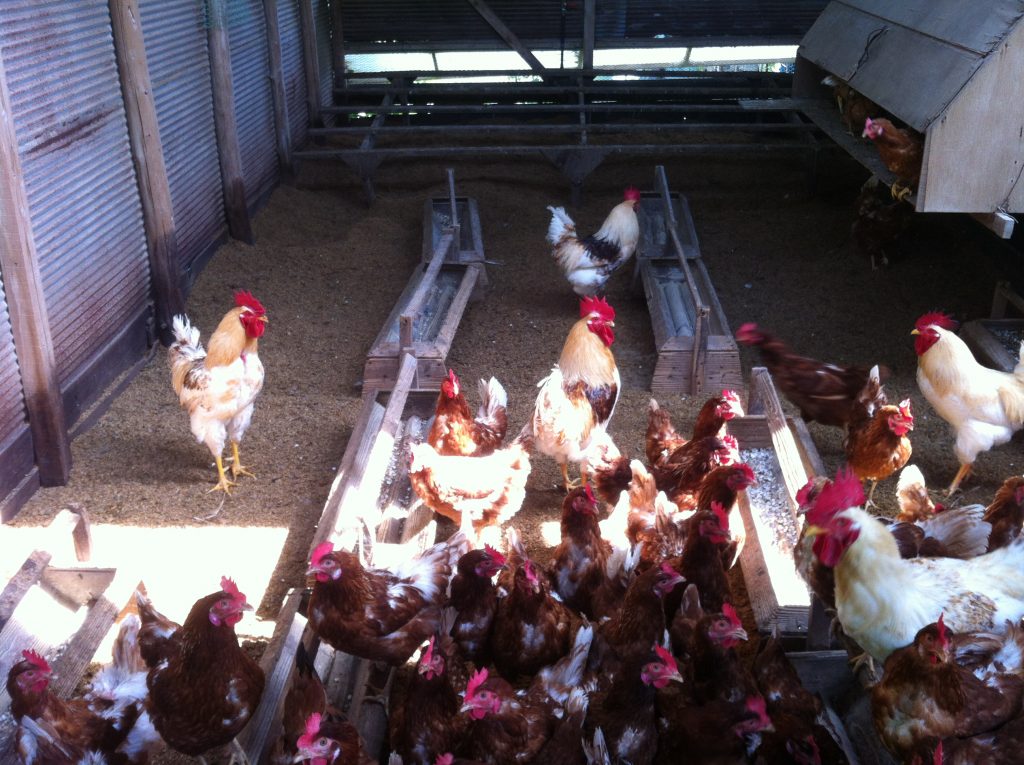理想的な社会 The ideal society
It all started with a successful poultry farm.
According to jikkenchi lore, Yamagishi Miyuzo (1901-1961) started to imagine what an ideal human society would look like early in his life: free, egalitarian, leaderless, at one with nature, and most importantly—full of love and compassion and free of anger. Unsurprisingly, the socio-political context of Japan in the 1930s and 1940s wasn’t exactly propitious to acting out these ideas; instead, Yamagishi was considered politically deviant and had to hide from the police for a while.
After the end of the war, and following the surge of renewed energy that propelled Japan to rebuild a new society from the ashes of the old, new things became possible. But Yamagishi still felt that broadcasting his ideas in the form of books and articles would not make much of a difference, and may even rob them of their power. He decided, instead, to put them into practice directly at a smaller scale—the scale of a chicken farm.
Indeed, he saw in every henhouse a scaled-down and simplified version of a basic human society, with its dominant members, its weaklings, its mothers, fathers and youngsters, and its gregarious instincts—not to mention strong attachments to its surrounding environment. How, he wondered, would an ideal henhouse function? How to make sure that every chicken, no matter how strong or weak or old, eats their fill, and to limit the amount of violence and infighting to a minimum?
For a few years, he experimented with different ways of organising his henhouses, devising different building shapes and sizes, trying out various foodstuffs and population sizes, ratios of cockerels to hens, and integrating the input and output products of the henhouse with the farm’s environment.
Eventually, he hit upon the perfect balance: minimum aggression, maximum egg yield. Other farmers were eager to use this system themselves, and asked Yamagishi to teach them its inner workings. His reply: “Fine, I will do so. But first, how about we sit down, have a cup of tea, and discuss the future of mankind?”
And so began the first tokkoh. Thereafter, many of its participants became the founders of the Yamagishi Association—which Mr Yamagishi himself didn’t establish nor lead, since he didn’t see himself as the holder of any sacred truth, much less as a leader.
The above is the narrative I’ve heard from different people around the jikkenchi, and I haven’t been able to check its historical veracity in detail yet. But the gist of it seems pretty much agreed upon—Yamagishi-san had ideas for a better society, and he saw good farming as a stepstone to build this new society and spread his philosophy.
I’ve now been working for a few days in Tsuki Jikkenchi, a tiny community of about 13 people nested deep in the luxuriant hills of Wakayama Prefecture, and which is focused on poultry farming. The henhouses they use are still the ones that Yamagishi invented, and most of his techniques are still applied (“minor improvements were made,” I was told)—including isolating wounded chickens in separate cages where they can recover before going back to the group, feeding the hens freshly cut grass at a certain time in the afternoon, etc.
The language barrier made it difficult for me to interview the hens, but they did seem much happier and healthier than their battery-raised peers. And I can attest that they lay lots, and lots of eggs.

A sign in the Tsuki jikkenchi tearoom: “The Yamagishi Association’s Poultry Farming System — A Miniature Version of the Ideal Human Society. Our Eggs Are Embodiments of our Hearts.”
« 所有権 Ownership • 権力 Power »




